The content of the article
Fennel - a plant rather ambiguous for pregnant women. Its useful properties are widely used in traditional medicine, and almost the whole plant is used, depending on the desired effect. The benefits of using this tool should be evaluated by a doctor in charge of monitoring a pregnant woman. A rich set of beneficial substances can be reduced to zero by-effects.
Characteristics of fennel and its benefits
This is a valuable healing plant known for a long time. At first it was used as a spice in the homes of aristocrats. But along with gastronomic application, healers also love him. Attributed to fennel and properties of amulet. The plant was tied up in bunches and placed at the front door to remove the evil eye and spoilage. Fennel has a more tangible effect as a choleretic, expectorant and antispasmodic.
The composition of the plant such nutrients as:
- essential oils, with their main part concentrated in the seeds;
- carotene;
- vitamins of group B, and also C, K, A, E;
- flavonoids;
- minerals;
- insignificant amount of calcium, iron, magnesium.
- It does not contain cholesterol and sugar.
The food is used stem, bulb, leaves. Fruits are more often used as a part of various broths. Among the beneficial actions: antifungal, anthelmintic, beneficial effect on the stabilization of the nervous system.
The plant is common in almost all countries of the world except permafrost. Wild-growing species in our country is found in the Caucasus and certain regions of the Crimea. Cultivated species are known in 2 versions:
- pharmacy or hair dill;
- vegetable.
Indeed, the appearance of the plant is very similar to dill. Only the stem is longer and more resilient. During flowering a fluffy golden umbrella is formed, on which oblong seeds are formed. They taste like anise. Vegetable fennel is valued for its tuber.
Leaves, stems and fruits are well stored in dried form, without losing useful properties.In cooking, different parts are used, giving the dishes a specific flavor and delicate flavor.
The remedy for many diseases
- relieving colic in newborns;
- increase the amount of breast milk;
- normalization of the digestive tract;
- elimination of toxins from the body;
- prevention of anemia and edema;
- improve performance.
Of course, the healing resources of the plant are vast, and there are also many applications. However, it is not necessary to admire blindly. Fennel has a quality that makes use of this plant in pregnant women unnecessarily risky. Its use can cause miscarriage or premature labor.
In folk medicine, the plant's ability to normalize the menstrual cycle due to its powerful antispasmodic action is very much appreciated. Therefore, in the second and third trimester of pregnancy, it is better to hide the box with fennel in the back box, and even more reliably - to throw it away from harm, so as not to be confused with anything. And during breastfeeding, he will be in demand, increasing milk production and contributing to a more rapid reduction in the size of the uterus after childbirth.
Contraindications to taking fennel
There are a number of restrictions for the use of plants in any form. It is better to exclude fennel from the menu for those who have:
- allergic reactions to spices;
- the need to take drugs - blockers;
- epileptic seizures;
- risk of miscarriage.
If, however, physician strongly advises taking fennel tea, the dosage should not exceed half a small cup per day under his supervision.
When a woman only assumes her condition and the pregnancy has not yet been confirmed, then you should not risk it for your favorite drink. After the happy event of the birth of a baby, fennel will not just help out a young mother and her newborn baby with her remarkable properties. In the meantime, the time has come, replace the fennel with equally tasty and healthy herbs, fruits and vegetables.
Video: medicinal properties of fennel

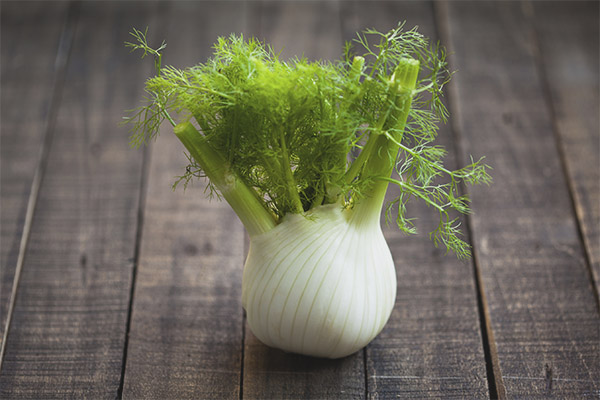
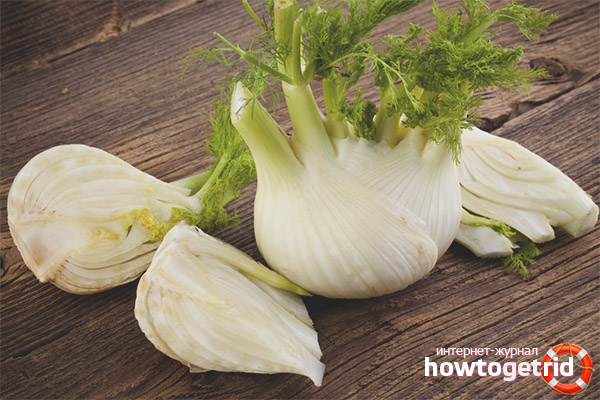

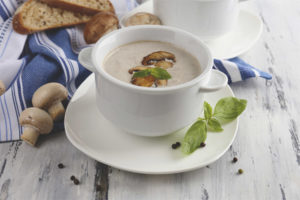
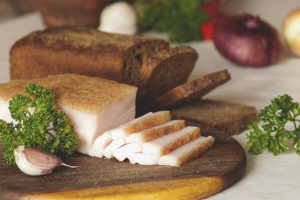
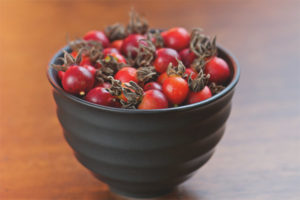
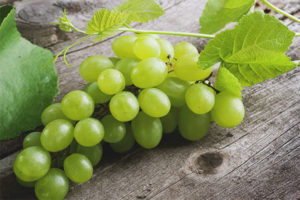
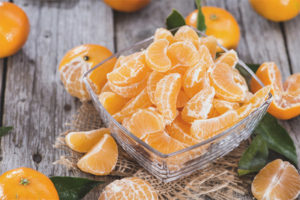
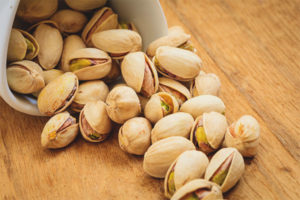

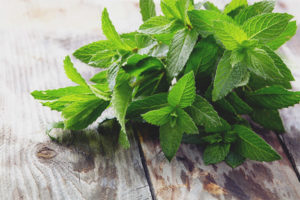
To send